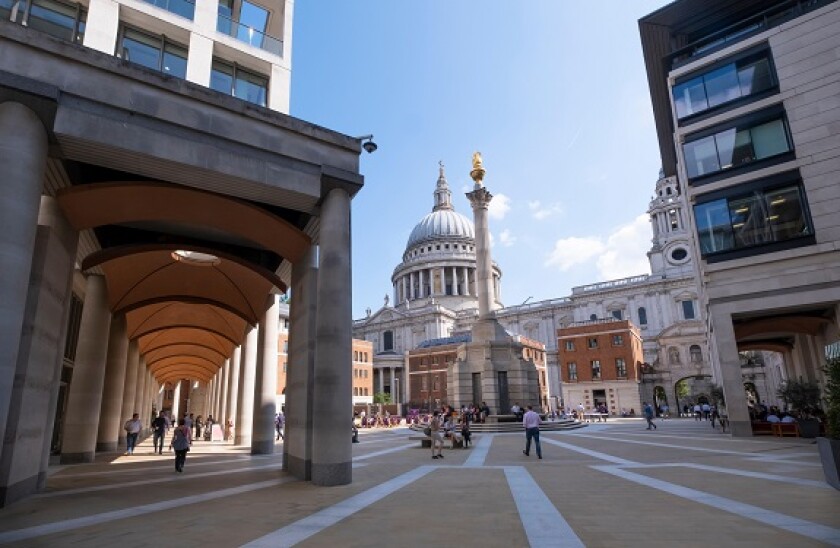The collapse of CAB Payments’ share price following its results announcement last week is another blow for London’s IPO market, which has been struggling to drag itself out of a multi-year slump.
Last week, CAB Payments, the London-listed payments company focused on emerging markets in Africa, downgraded its growth forecasts for 2023 by 17%, blaming volatility in several of its key currency corridors, such as the Central and West African francs, and the naira.
The profit warning, only three months after CAB Payments’ £290m IPO, triggered a collapse of the company’s share price as investors rushed for the exit.
As of Tuesday afternoon, CAB Payments was trading at 60.40p, down over 74% since the downgrade, and more than 80% from the offer price in the flotation in July, giving the company a market capitalisation of £153.5m.
While CAB Payments was never pitched to investors as a vanilla UK business and carries huge embedded EM risk, it is not normal for a company to miss its numbers and its share price to crater just a few months after an IPO, and the news has shocked market participants.
The fiasco is yet more bad news for London’s stock market, which has already been facing a torrent of bad news.
CAB Payments was the only major UK IPO to price this year, following the decision of Cambridge-based chip designer Arm to list on the New York Stock Exchange, and the failure of WE Soda, the Turkish soda ash producer, to price its flotation.
London has also suffered a wave of delistings, with Marsh & McLennan Companies this week becoming the latest issuer to announce its decision to quit the UK stock market.
The performance of UK equities has also been poor amid a bleak economic outlook as the country grapples with higher inflation and interest rates than its G7 peers. The FTSE 250 is down 11.3% over the past five years while the large cap FTSE 100 has barely moved, gaining just 3.5%. That compares to a 26.5% rise in the Euro Stoxx 50 across the same period.
While the downturn in IPO volumes is not unique to London, the growing anxiety about the city’s stock market becoming a backwater is not entirely unjustified, and it has prompted the UK’s Treasury and Financial Conduct Authority to launch a sweeping overhaul of London’s listing rules.
But it increasingly feels like London cannot catch a break from embarrassing news. CAB Payments has only further damaged confidence in the market, and, sadly, it is not even the first time in the past two years that a company’s stock has imploded after listing.
UK online furniture store Made.com collapsed into administration last November following a series of profit warnings, just over a year after its £199.6m IPO.
What London needs is a pipeline of quality companies to come to market, make investors money, and restore confidence in the UK capital as a place to list and raise capital. But this is unlikely to happen if situations like CAB Payments keep happening while Europe’s IPO market is already on its knees.

